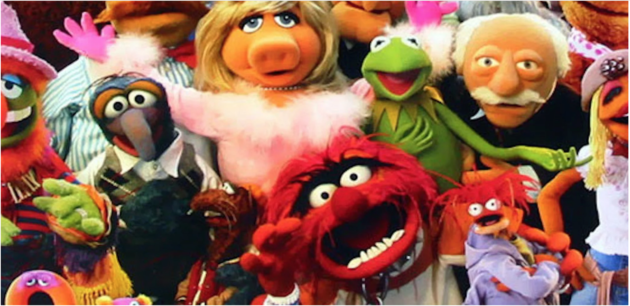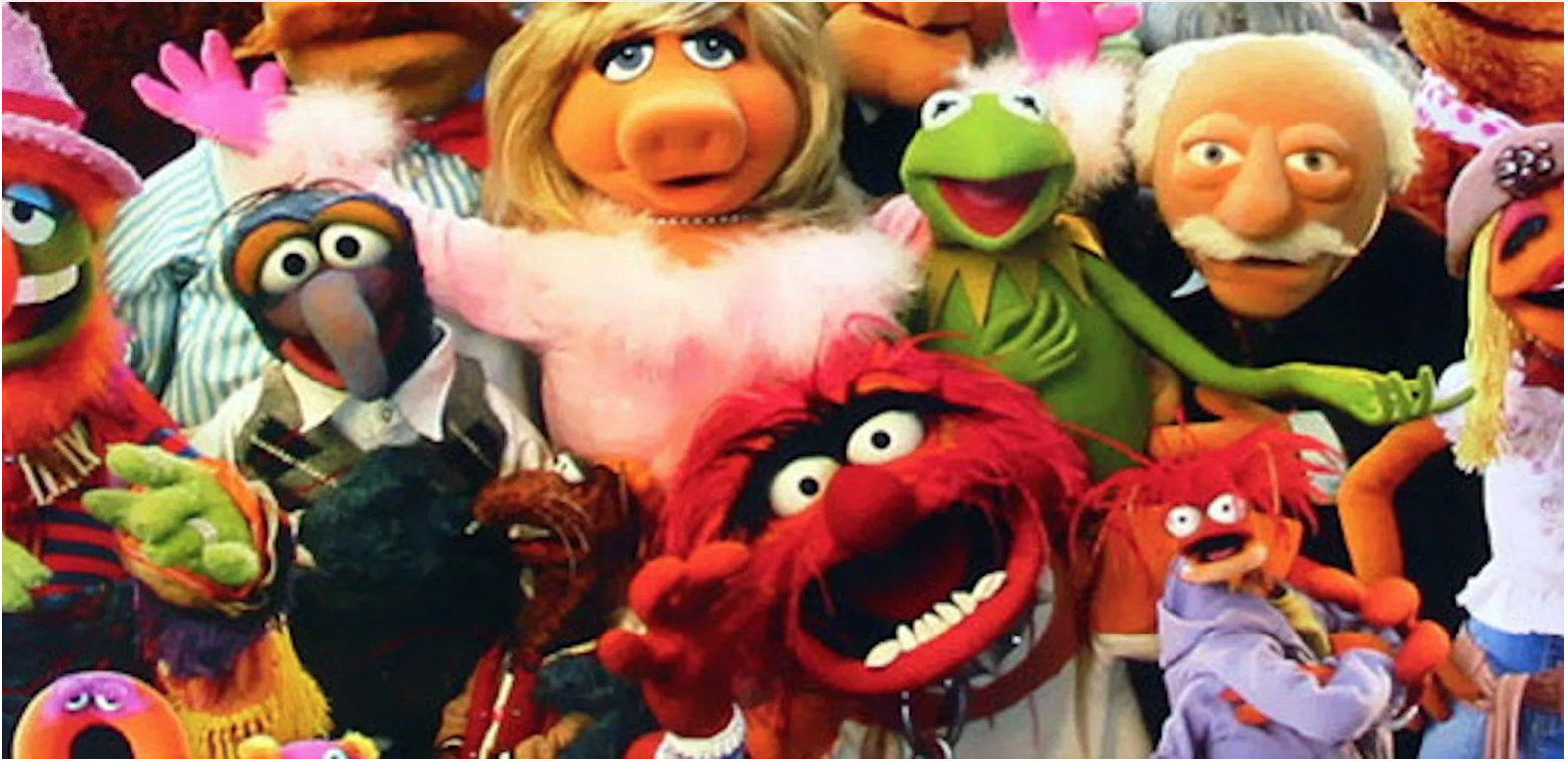Gabriela Pariseau
newsbusters.org
Gabriela is an intern in the Media Research Center’s Culture division. She is a recent graduate of Christendom College where she earned a Bachelor’s Degree in History. Over the last four years, Gabriela has contributed toThe Catholic Register, Students For Life of America and Iowa Right to Life where she covered topics such as the2020 National March for life,Virginia’s 2019 state election, and American’s nineteenth-century abortion history.
According to Kermit the Frog, “It’s not easy being green,” and apparently it’s not easy being The Muppet Show, either. Disney+ just couldn’t resist slapping an offensive content label on the beloved family show.

On Friday, Disney+ released seasons one through five of the show which first aired over 45 years ago. But just in case audiences didn’t realize that the times and culture have changed in the last four decades, Disney thought they would remind viewers that The Muppet Show “includes negative depictions and/or mistreatment of people or cultures” which “were wrong then and are wrong now.”
Variety reported that 18 episodes have received the pre-programming label. Although Disney does not individually specify why each episode received the trigger warning, the New York Post points out that in these episodes “some characters depict Native American, Middle Eastern and Asian people.” In addition, a season five episode had Johnny Cash perform in front of a Confederate flag.
It seems Disney is keenly aware of the popularity and profit value of Muppets content so the streaming service must defend why it refuses to ban the show entirely. The Disney warning explains, “Rather than remove this content, we want to acknowledge its harmful impact, learn from it and spark conversation to create a more inclusive future together.” That’s all fine and great but most families don’t need Disney’s parenting advice to decide what is appropriate for their kids and when it is appropriate to have conversations about racism and cultural appropriation.
It’s interesting that Disney singles out the cultural offenses of The Muppets. Part of what makes the Muppets funny is the fact that, like all good humor, it lightheartedly offends and makes fun of everyone. Anyone who has seen The Muppets knows the franchise is politically incorrect about a whole bunch of things that make viewers both cringe and laugh at its brilliant comedic charm. As it is with many shows designed to keep the whole family entertained, much of so-called “offensive” or inappropriate content goes over kids’ heads and is left for them to enjoy or understand when they are older.
Disney’s content labeling is part of its “Stories Matter” project designed to make the company and its viewers more aware of “how stories have impacted society” and to give voices to “communities [that] have been erased or forgotten altogether.” According to Disney, the company is “in the process of reviewing our library and adding advisories to content that includes negative depictions or mistreatment of people or cultures” in order to show its “ongoing commitment to diversity and inclusion.”
The streaming service has given the same label to movies like The Aristocats, Dumbo, Peter Pan, and Swiss Family Robinson for their portrayals of Asian culture, blackface, Native American culture, and Middle Eastern peoples. In fact, those films are blocked for children’s profiles to view.
Charlie Kirk pointed out the hypocrisy of Disney’s decision to label The Muppet Show as “offensive” when they gave “a ‘special thanks’ to the Xinjiang province of China, where millions of Muslims are locked in concentration camps, at the end of Mulan.”
It seems Disney found a way to outsmart everyone by flagging offensive content that it still chooses to make money off of. It’s a win-win for the virtue-signaling company. Meanwhile, viewers can ignore Disney’s parenting advice and watch Kermit, Fozzie, Gonzo, Rizzo, Miss Piggy, and all of their favorite celebrity guests on The Muppet Show now streaming (with a warning label) on Disney+.
Please share this article so that others can discover The BFD.

